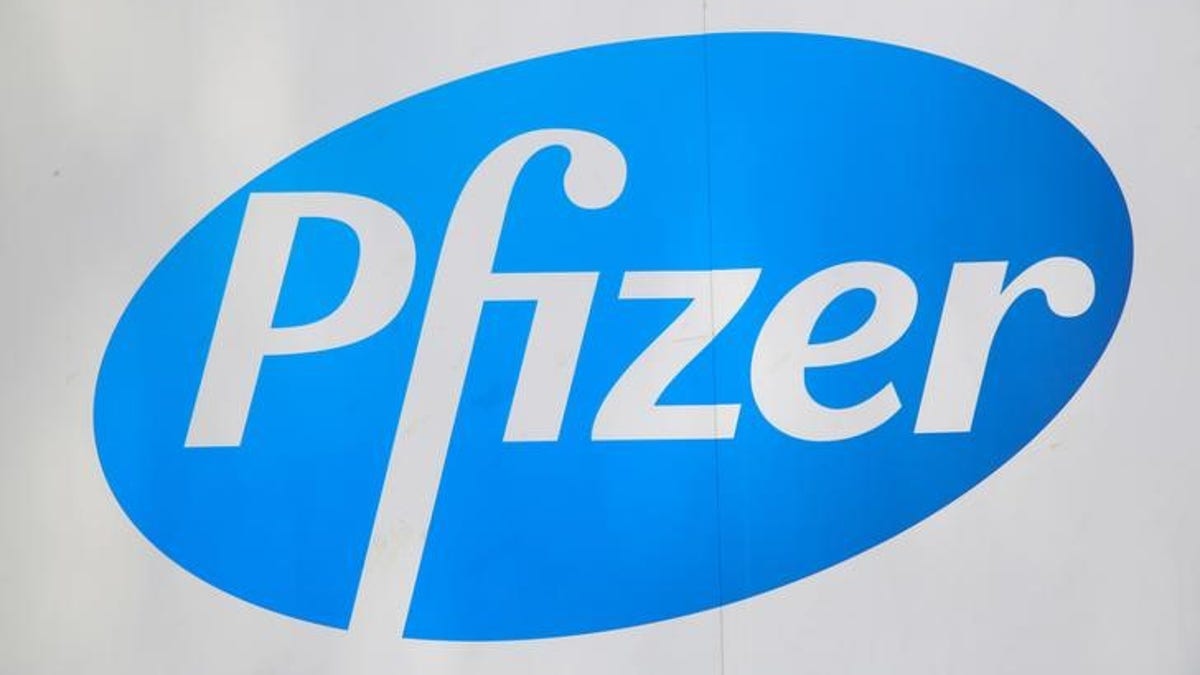
The Pfizer logo is seen at their world headquarters in Manhattan, New York, U.S. (Copyright Reuters 2016)
LONDON – U.S. pharmaceuticals group Pfizer is to offer its pneumococcal vaccine at the lowest possible price to non-governmental organizations seeking to protect vulnerable people from illness in humanitarian crises.
In what it called a major expansion of its humanitarian assistance work, the drugmaker said its Prevenar 13 shot, which protects babies and children against pneumonia and other diseases, would be offered in a new multi-dose vial at the lowest prevailing global price, currently $3.10 per dose.
"In addition, given the acute need for aid on the ground, Pfizer will donate all sales proceeds for the first year of this program to humanitarian groups undertaking the difficult work of reaching vulnerable populations in emergency settings," the company said in a statement.
The move follows a similar one by the British drugmaker GlaxoSmithKline, which said in September it would cut the price of its pneumococcal vaccine, Synflorix, to $3.05 when it is used in humanitarian crises.
The price cuts also come after sustained and intense pressure from the international medical charity M��decins Sans Fronti��res (MSF), which had accused the two drugmakers of charging exorbitant prices for the much-needed vaccines.
Prior to GSK's price-cut pledge, MSF said that in Greece, it had been forced to pay 50 pounds ($65) a dose in local pharmacies in order to vaccinate thousands of refugee children fleeing from conflicts in Syria, Iraq and Afghanistan.
Responding to Pfizer's announcement on Friday, Jason Cone, executive director of MSF-USA, said in a statement it was a welcome development after "years of negotiation."
"This is definitely a step in the right direction and will help to protect millions of vulnerable children around the world and in MSF projects," he said. "We now hope that Pfizer will extend its efforts to developing countries by offering a lower price to all governments which still can't afford to protect their children against pneumonia."
The World Health Organization said last month it was seeking to establish an emergency vaccine supply system aimed at getting vital shots to vulnerable people in crises such as wars or natural disasters. (Editing by Greg Mahlich and Jane Merriman)
